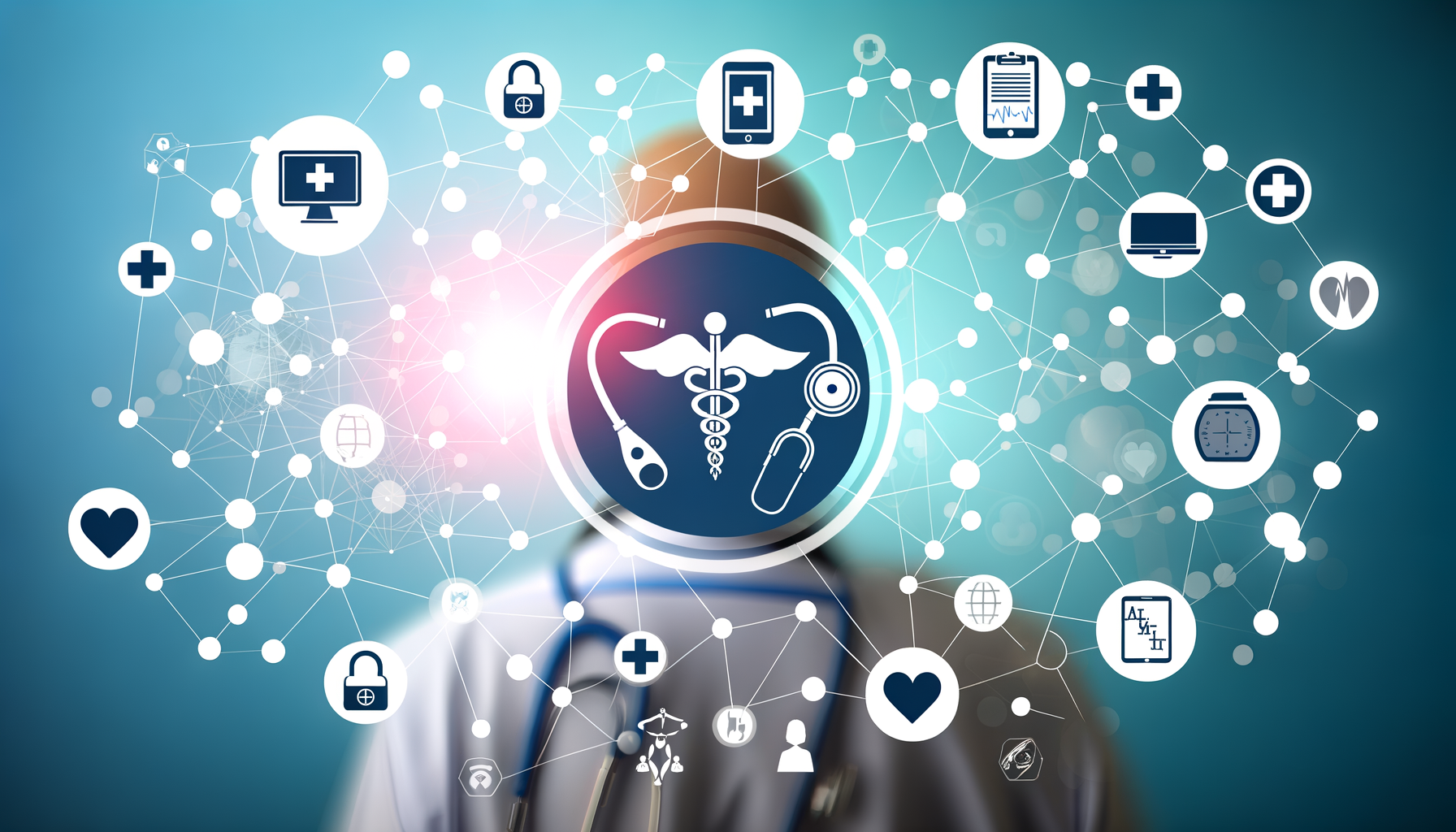Connected Healthcare: A New Era of Consumer Preferences

Strong 8k brings an ultra-HD IPTV experience to your living room and your pocket.
In today's fast-paced world, technological advancements are reshaping nearly every facet of our lives, with healthcare witnessing one of the most significant transformations. The integration of connected and automated healthcare solutions, propelled by breakthroughs in interactive sensors, is not just a futuristic dream but a present-day reality embraced by consumers worldwide. As preferences shift towards more personalized and efficient healthcare experiences, what does this mean for the future of healthcare delivery?
Emergence of Interactive Sensors in Healthcare
The word "smart" has outgrown its association with gadgets alone. In healthcare, interactive sensors act as the bedrock for smart health solutions. These tiny marvels of technology, though often unseen, play crucial roles in monitoring, diagnosing, and even treating various health conditions. From wearable fitness trackers to implantable glucose monitors, sensors have propelled us into an era where data drives decisions, enhancing both patient care and healthcare provider efficiency.
Riding the Wave of Consumer Demand
The shift towards connected and automated healthcare is largely driven by burgeoning consumer demand for tech-savvy solutions. Today's patients crave more control over their health, desiring tools that are intuitive and seamlessly fit into their daily lives. They desire solutions that not only track physical activity but also analyze sleep patterns, predict potential health risks, and offer personalized health insights.
Smart healthcare devices, embedded with interactive sensors, are seen as partners in health management, alleviating many of the operational challenges facing traditional healthcare systems. Whether it's remote cardiac monitoring or AI-assisted therapy sessions, consumers are embracing these innovations, craving a care model that is preventive rather than reactive.
Innovations Paving the Path
Leading tech companies and startups alike are at the forefront of developing interactive sensor technologies that are not only enhancing healthcare delivery but are also reimagining it:
Wearable Technology: Beyond just step-counting capabilities, wearables like smartwatches now measure heart rates, blood oxygen levels, and can even detect irregular heartbeats, alerting users and healthcare professionals in real time.
Remote Monitoring Systems: These systems empower patients to receive care from the comfort of their homes, continuously collecting data on vitals and transmitting it to healthcare providers for assessed management and rapid intervention when needed.
AI-Powered Diagnostics: Leveraging interactive sensors, AI algorithms can analyze vast data sets, identify abnormalities faster than traditional methods, and make diagnostic suggestions that streamline treatment plans.
Gesture-Based Interfaces: These interfaces tap into interactive sensors to allow those with disabilities to interact with their environment or healthcare professionals through gesture recognition, creating a seamless communication medium.
Addressing the Challenges
While the benefits are numerous, transitioning to a technologically integrated healthcare ecosystem doesn't come without its challenges:
Data Security and Privacy: Data generated by interactive sensors are sensitive and dealing with such vast amounts requires stringent measures to ensure it is protected from breaches and unauthorized access.
User Education and Adoption: To fully harness the power of these technologies, users, especially less tech-savvy individuals, need guidance and support to make informed decisions about their care management.
Infrastructure and Integration: Healthcare systems abound with legacy infrastructure; hence, seamless integration of these modern solutions requires strategic investment and planning.
Future Outlook
The trajectory of healthcare advancements suggests an era where interactions between patients, providers, and technology converge to deliver personalized, precision-focused healthcare.
With new players entering the market each day, we can anticipate a democratization of health information, further empowering patients with real-time insights and fostering an environment for proactive health management.
With personalized and automated healthcare solutions taking precedence, the way we view and approach health has fundamentally changed. As technology continues to evolve, so will its place in our medical landscapes, forever altering the way we interact with care systems.
Embracing these technologies requires adaptation and investment from both providers and consumers. However, as we continue to witness their immense benefits unfold, the growth and acceptance of connected and automated healthcare solutions seem not only inevitable but imperative.
It's an exciting era for health technology one that promises not just change but transformation.
Explore Comprehensive Market Analysis of Interactive Sensors Market
Source - @360iResearch
Note: IndiBlogHub features both user-submitted and editorial content. We do not verify third-party contributions. Read our Disclaimer and Privacy Policyfor details.


